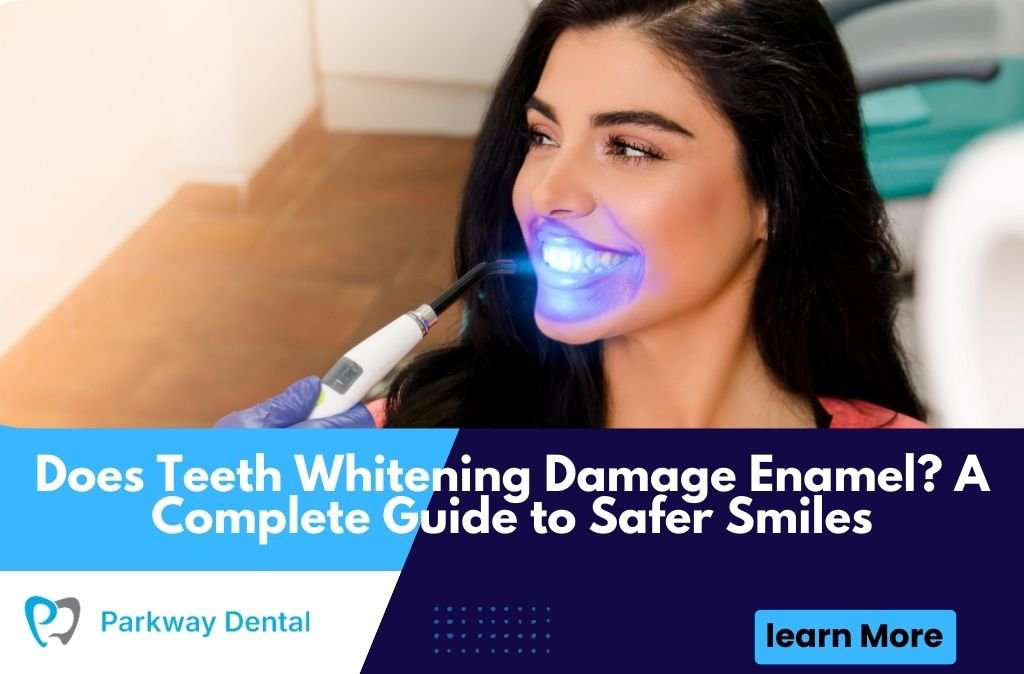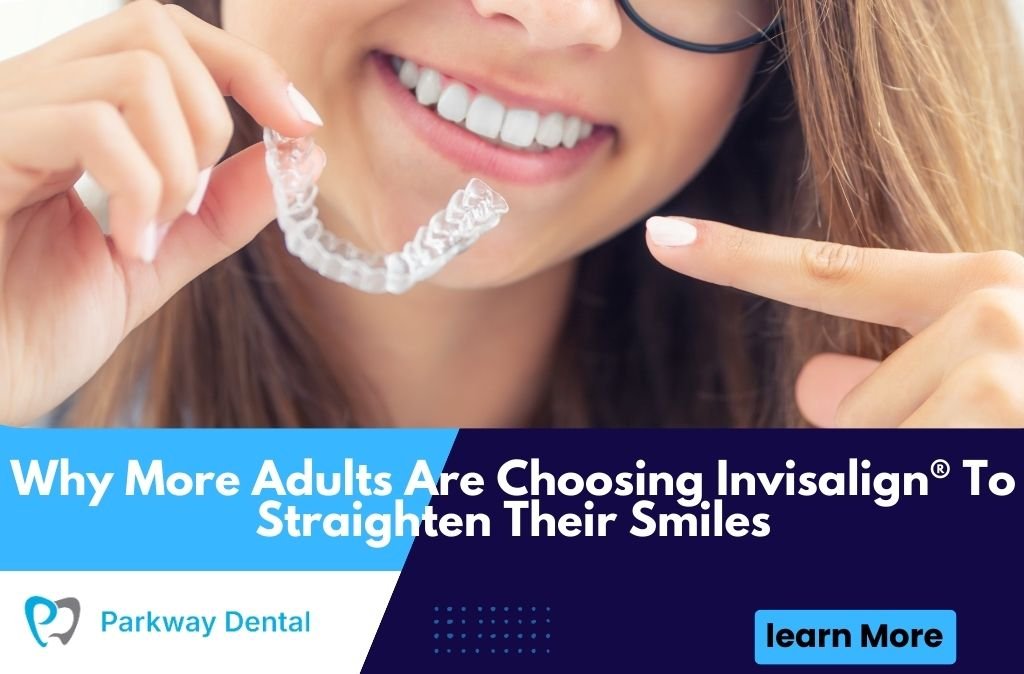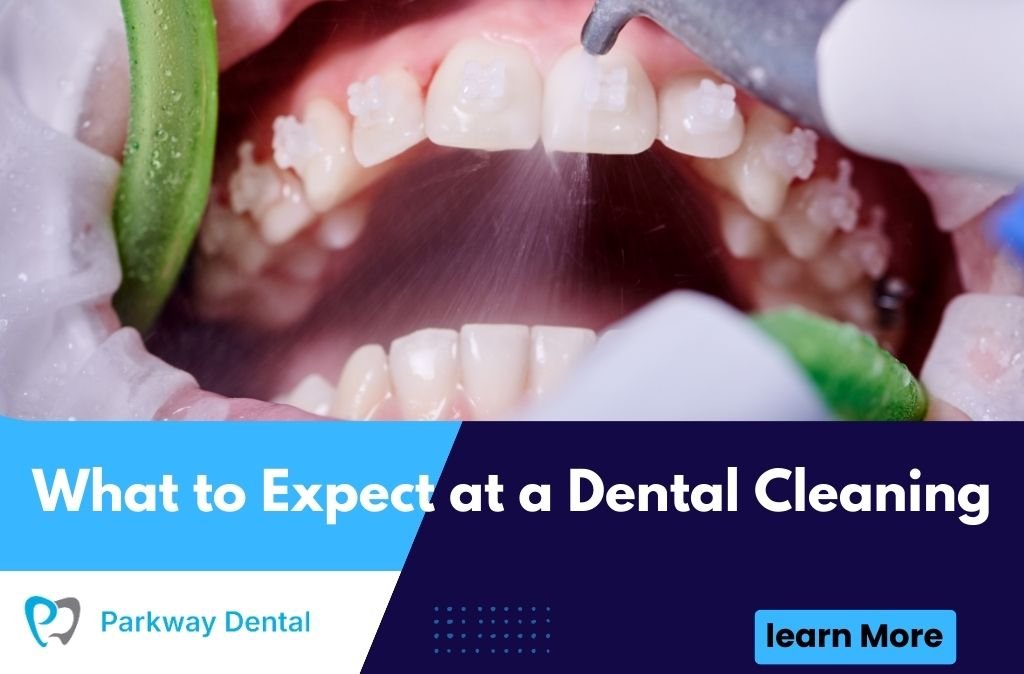A bright smile is often linked to confidence, beauty, and health. Many people turn to teeth whitening treatments to remove stains and achieve a whiter smile. However, one common concern is whether teeth whitening damages enamel. Since enamel is the hard outer layer of your teeth that protects against decay, its safety is a valid question.
In this guide, we’ll explain how teeth whitening works, whether it harms your enamel, what safe methods exist, and how to maintain a radiant smile without risking your oral health.
Table of Contents
Understanding Enamel and Its Role in Dental Health
Your tooth enamel is the hardest substance in your body, stronger than even bone. It acts as a protective barrier against cavities, sensitivity, and wear.
Why Enamel Matters
- It guards the inner layers of the tooth.
- It resists acids and bacteria from damaging teeth.
- Once enamel is lost, it cannot naturally regenerate.
Because enamel is irreplaceable, any treatment—like teeth whitening—must be evaluated for safety.
How Teeth Whitening Works
Teeth whitening treatments lighten stains on the enamel surface using active agents like hydrogen peroxide or carbamide peroxide.
Types of Teeth Whitening
There are different whitening options, and their effects on enamel vary.
Professional Whitening
Performed by a dentist, this method uses higher-strength gels combined with light or laser activation. It is controlled and considered safe for enamel.
At-Home Whitening Kits
Over-the-counter kits have lower peroxide levels and can whiten teeth gradually. When used correctly, they are safe but may cause temporary sensitivity.
Whitening Toothpaste
These toothpastes use mild abrasives to remove surface stains. While generally safe, overuse can wear down enamel.
Does Teeth Whitening Damage Enamel?
Research shows that teeth whitening does not damage enamel when done under professional guidance or with safe products. The whitening agents penetrate enamel but do not remove or erode it.
Temporary Side Effects vs. Permanent Damage
- Temporary sensitivity: Some patients experience sensitivity after whitening, but this is reversible.
- Gum irritation: Whitening agents may irritate soft tissues but don’t permanently harm enamel.
- Overuse concerns: Excessive whitening, especially with unregulated products, may weaken enamel over time.
The key is moderation and professional supervision.
Professional vs. DIY Teeth Whitening Safety
Before deciding, it’s important to compare professional whitening with DIY whitening kits.
Why Professional Whitening is Safer
- Monitored by a dentist
- Customized to your teeth’s needs
- Uses protective gels and barriers to safeguard gums and enamel
Risks of Over-the-Counter Products
- Misuse can lead to enamel wear
- Uneven whitening or over-bleaching
- Increased risk of tooth sensitivity
How to Whiten Teeth Without Damaging Enamel
If you’re concerned about enamel health, there are safer approaches.
Choose Dentist-Supervised Treatments
A dentist-supervised whitening treatment ensures your enamel stays intact while achieving a brighter smile.
Limit Whitening Frequency
Space out treatments to avoid unnecessary exposure to bleaching agents.
Strengthen Enamel with Daily Care
Use fluoride toothpaste and remineralizing products to protect enamel after whitening.
Signs of Enamel Damage to Watch For
Even though teeth whitening is safe, it’s important to recognize symptoms of enamel erosion that may occur due to other factors.
Common Indicators of Enamel Loss
- Tooth sensitivity to hot, cold, or sweet foods
- Yellowing teeth (as enamel thins and dentin shows)
- Rough or translucent edges
- Increased cavity risk
If you notice these signs, consult a dentist before starting or continuing whitening treatments.
Best Practices to Protect Enamel During Whitening
A brighter smile doesn’t have to come at the cost of enamel health.
Tips for Safer Whitening
- Always consult a dentist before beginning treatment
- Avoid overly abrasive whitening toothpaste
- Stick to recommended whitening schedules
- Use desensitizing toothpaste if needed
- Maintain good oral hygiene after whitening
Conclusion
Teeth whitening does not damage enamel when done safely and under professional supervision. The key is choosing the right method, avoiding overuse, and supporting enamel with good oral care habits.
For personalized guidance and safe whitening options, consult a trusted Dentist in West Roxbury, MA who can help you achieve a confident smile without risking your enamel.
FAQs
Is teeth whitening harmful to your enamel?
No, professional whitening and safe at-home products do not damage enamel.
Why do dentists not recommend teeth whitening?
Some dentists advise caution for patients with enamel erosion, cavities, or gum disease, as whitening may worsen sensitivity.
Can I whiten my teeth without damaging enamel?
Yes, when done under dental supervision with approved products.
Does enamel grow back after whitening?
No, enamel cannot regrow. That’s why it’s important to protect it during treatments.
Do teeth become weak after whitening?
Teeth may feel sensitive but do not become structurally weaker.
Can dentists bring back enamel?
Dentists cannot regrow enamel but can strengthen teeth with fluoride treatments or bonding.
How to tell if enamel is damaged?
Signs include sensitivity, discoloration, roughness, or increased cavities.
What is the best toothpaste to repair enamel?
Fluoride-based toothpastes and those labeled “enamel-strengthening” help protect remaining enamel.
Can I repair lost enamel?
No, but remineralization treatments can help strengthen weakened areas.







